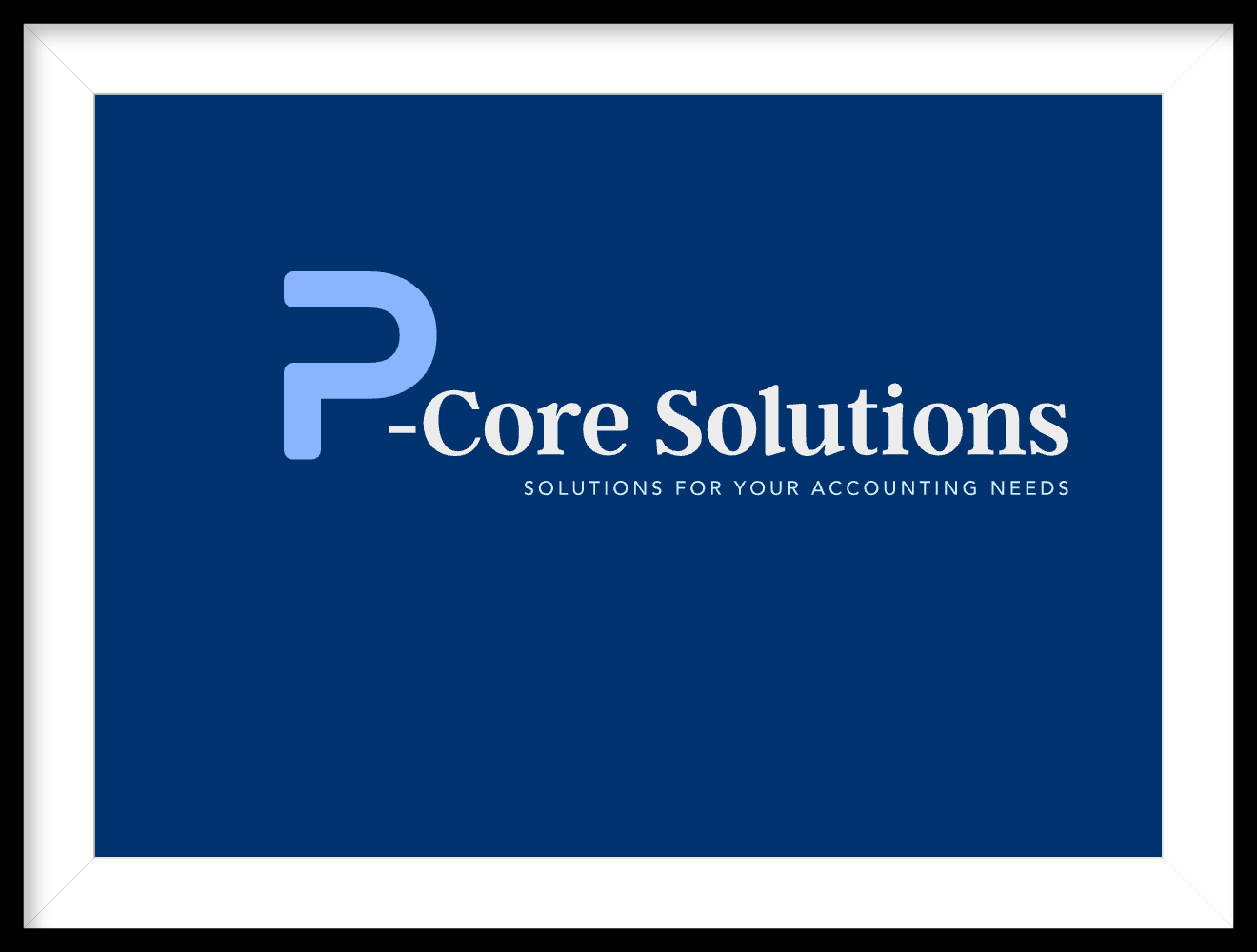Why Not Using Accounting Software Is a Major Mistake for Small Business Owners
As we all know, running a small business comes with countless responsibilities and more hours’ worth of work than there is time in the day. It may be tempting to manage your books using pencil and paper, relying on manual and outdated accounting methods can quietly sabotage your business. Not only is not using accounting software inefficient in today’s fast-paced and competitive environment; it’s a mistake.
1. Risk of Errors
As Alexander Pope wrote, “To err is human.” And the truth is that no matter how much of an expert you are in your field, even the best and most knowledgeable people in their field can make mistakes. Human error is unavoidable when you're doing everything manually.
That’s why every field of work employs technology to assist in limiting and removing those mistakes. And that does include accountants. Even the best accountants use software to do bookkeeping, or file taxes. One misplaced decimal, incorrect formula, or forgotten transaction can throw off your entire financial picture.
Accounting software drastically reduces the risk of errors with built-in checks, templates, and calculations. Most platforms also alert you to duplicate entries, mismatched transactions, or inconsistencies before they become serious problems.
2. Manual Accounting Is Time-Consuming
Time. Do you need more of it as a small business owner? Is yours expensive as a small business owner? Both of those answers are almost definitely yes as a business owner. The simple fact is that manual bookkeeping takes hours that could be better spent on your business instead of in your business. Even if you are paying somebody else to do the accounting, manual accounting is more time-consuming and therefore more expensive for you as a business owner.
Accounting software simplifies or sometimes automates tasks like invoicing, bank reconciliation, vendor bill payments, payroll, and tax calculations, freeing you up to focus on what really matters.
3. Harder to Scale
In order to best scale your business, you need accurate and efficient information. As just discussed, manual bookkeeping prevents both of those items. Beyond that, as your business grows, the complexity of your finances grows with it. What might work for a very small company with a few clients likely doesn’t work it when you're managing multiple revenue streams, vendors, or employees.
Accounting software scales with you and if the software that scaled with you to a certain point becomes insufficient you can scale to a more robust accounting software. You can add features, connect to other systems, and handle more complex financial scenarios without needing to overhaul your entire process.
4. Inadequate Financial Visibility
Without reliable, real-time financial data, making smart business decisions is nearly impossible. Knowing your profit margins, cash flow status, or accounts receivable are not necessarily clear or easily obtainable if doing manual accounting.
Even the most basic and inexpensive software gives you dashboards, reports, and visualizations that help you understand your financial health at a glance to allow you spot cash flow problems, identify your most profitable products/services and much more.
This is paragraph text. Click it or hit the Manage Text button to change the font, color, size, format, and more. To set up site-wide paragraph and title styles, go to Site Theme.




